Category: Legal Parlance
-
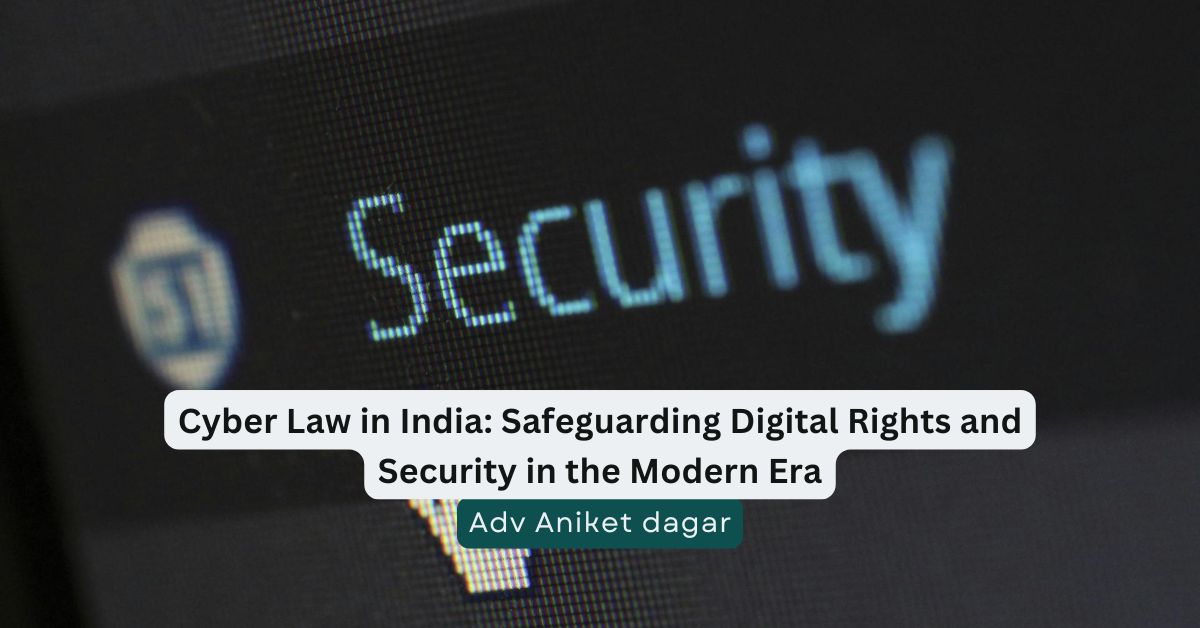
Cyber Law in India: Safeguarding Digital Rights and Security in the Modern Era In a technology wherein virtual transformation is reshaping each aspect of Indian society, from how we behavior business to how we have interaction with government services, the significance of cyber regulation has in no way been more critical. As India rapidly emerges…
-
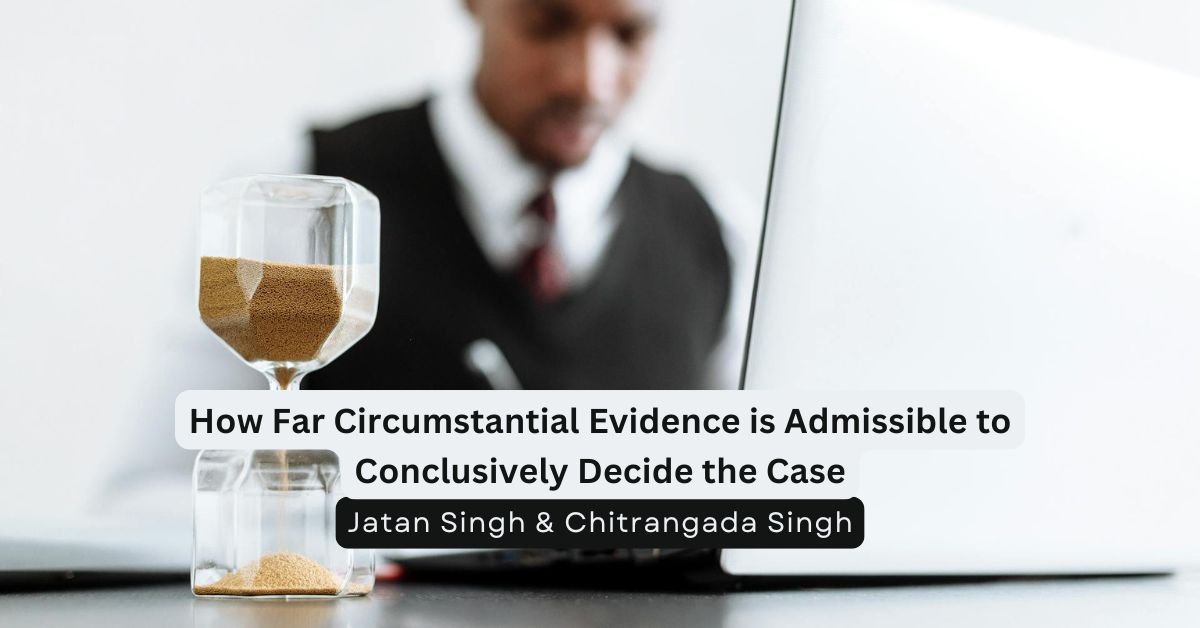
How Far Circumstantial Evidence is Admissible to Conclusively Decide the Case Section 2(1)(k) of Bhartiya Sakshya Adhiniyam1 “relevant”.—A fact is said to be relevant to another when it is connected with the other in any of the ways referred to in the provisions of this Adhiniyam relating to the relevancy of facts; In India, the…
-
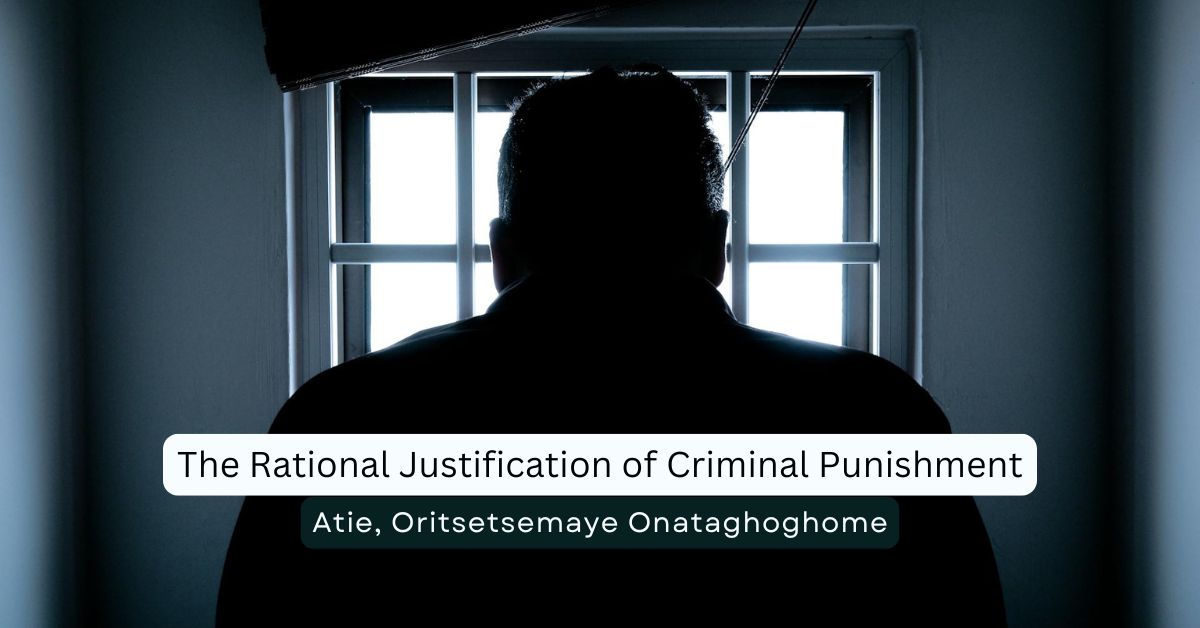
The Rational Justification of Criminal Punishment Introduction Criminal punishment is a contentious issue, with debates surrounding its effectiveness and ethical legitimacy. While punishment aims to hold offenders accountable and deter future crimes, its rational justification is questionable. This inquiry explores the justification of criminal punishment, examining its purposes, outcomes, and ethical implications. By scrutinizing the…
-
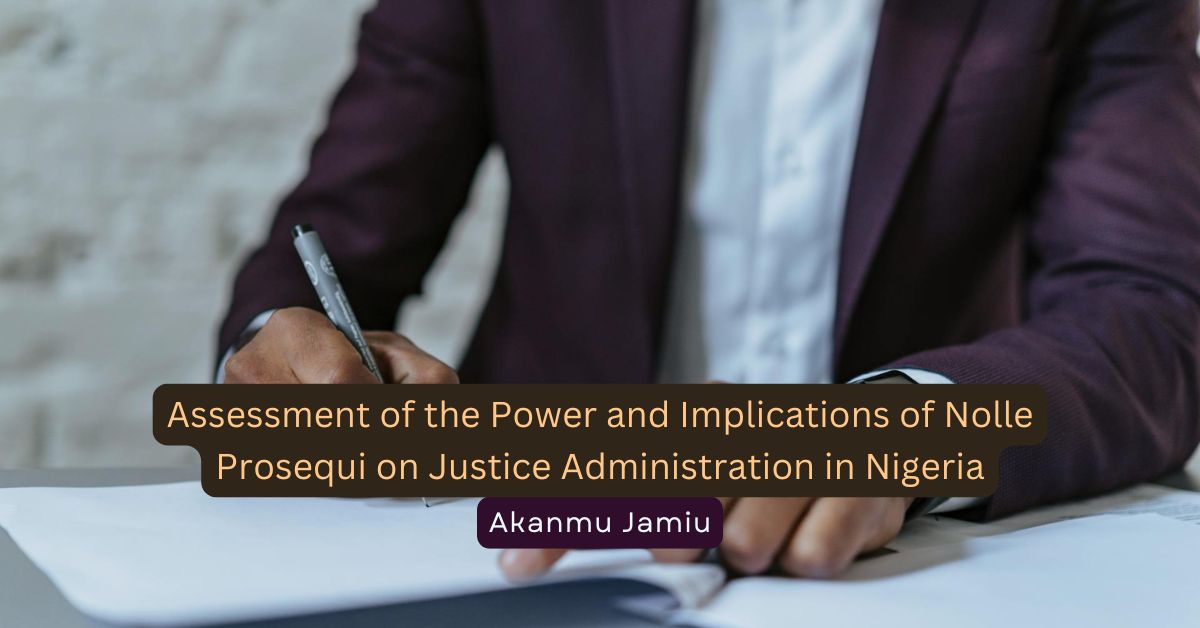
Assessment of the Power and Implications of Nolle Prosequi on Justice Administration in Nigeria ABSTRACT The concept and practice of the power to institute, take over, and terminate any criminal proceedings in all recognized statutory courts in Nigeria, as conferred on the Attorney General, has over the years been subject to various legal and political…
-
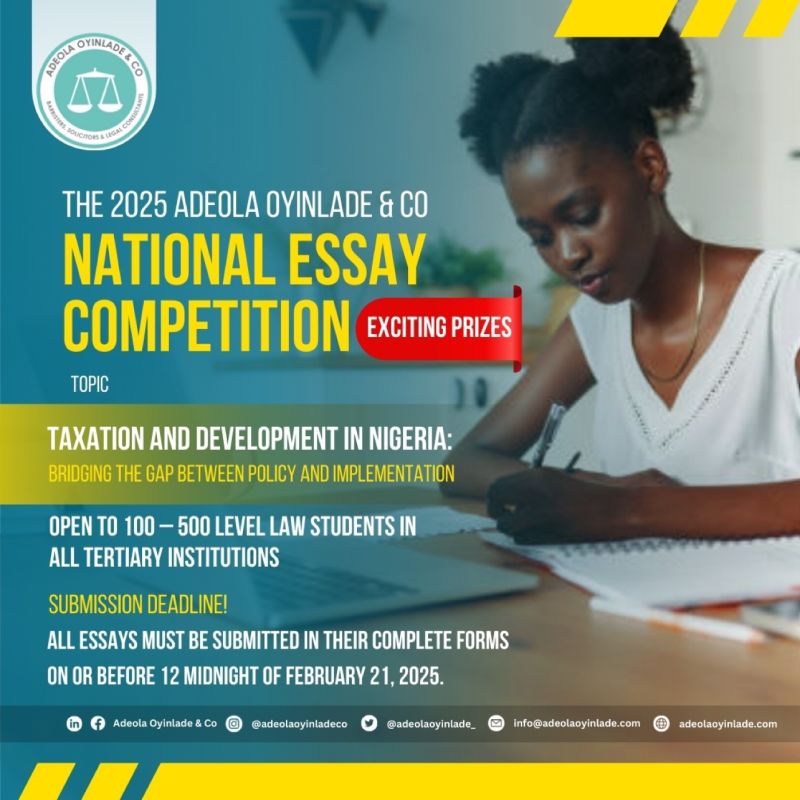
The 2025 Adeola Oyinlade & Co National Essay Competition for Law Students in All Tertiary Institutions in Nigeria [exciting Prizes] The maiden edition of Adeola Oyinlade & Co National Essay Competition is organised and sponsored by Adeola Oyinlade & Co., a leading full-service law firm in Nigeria. The competition is designed to task law students’ ability to analytically discuss a given topic within…
-
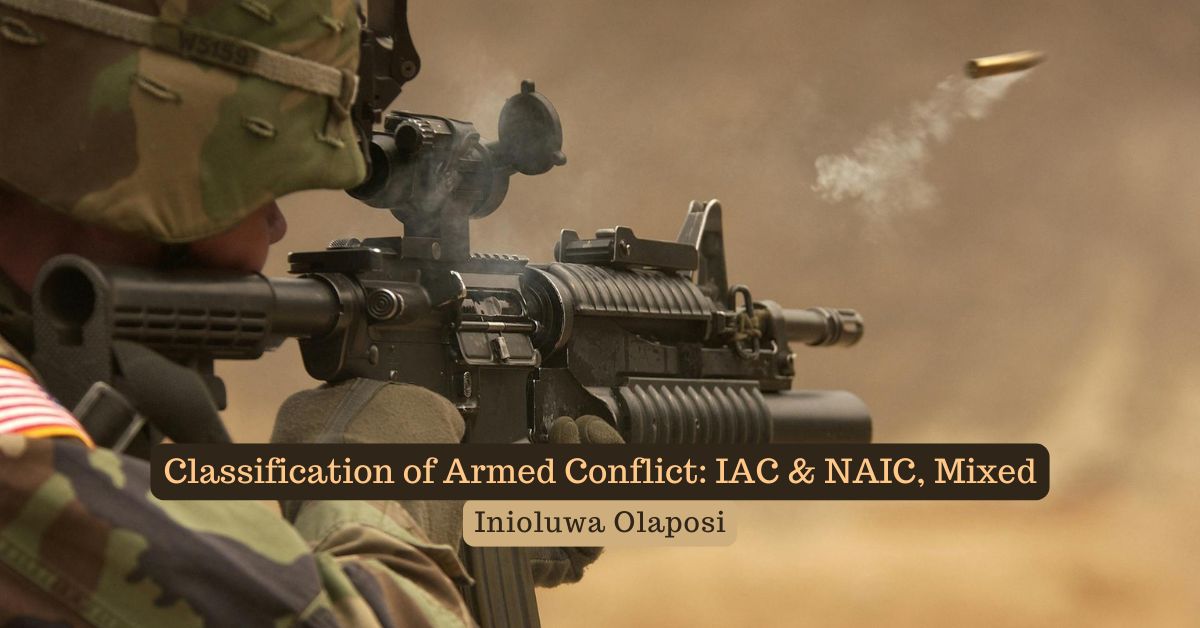
Classification of Armed Conflict Generally, there are two main classifications of armed conflict in International Humanitarian Law (IHL): International Armed Conflict (IAC) and Non-International Armed Conflict (NIAC). A NIAC is also technically regarded as an armed conflict not of an international character. IHL is a branch of Public International Law containing rules that seek, for…
-
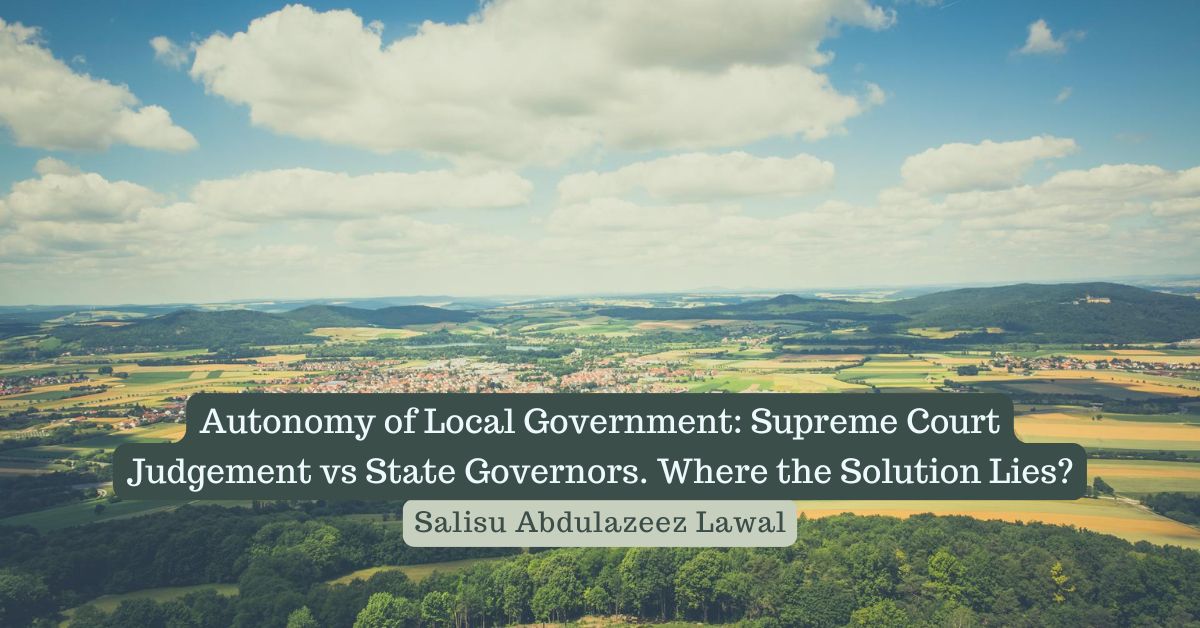
Autonomy of Local Government: Supreme Court Judgement vs State Governors. Where the Solution Lies? Surely, the 11th day of July, 2024, supposed to be a historic day for every local man out there, as the Supreme Court delivered its landmark judgment that affirmed the financial autonomy of the 774 Local Government Councils, coupled with an…
-
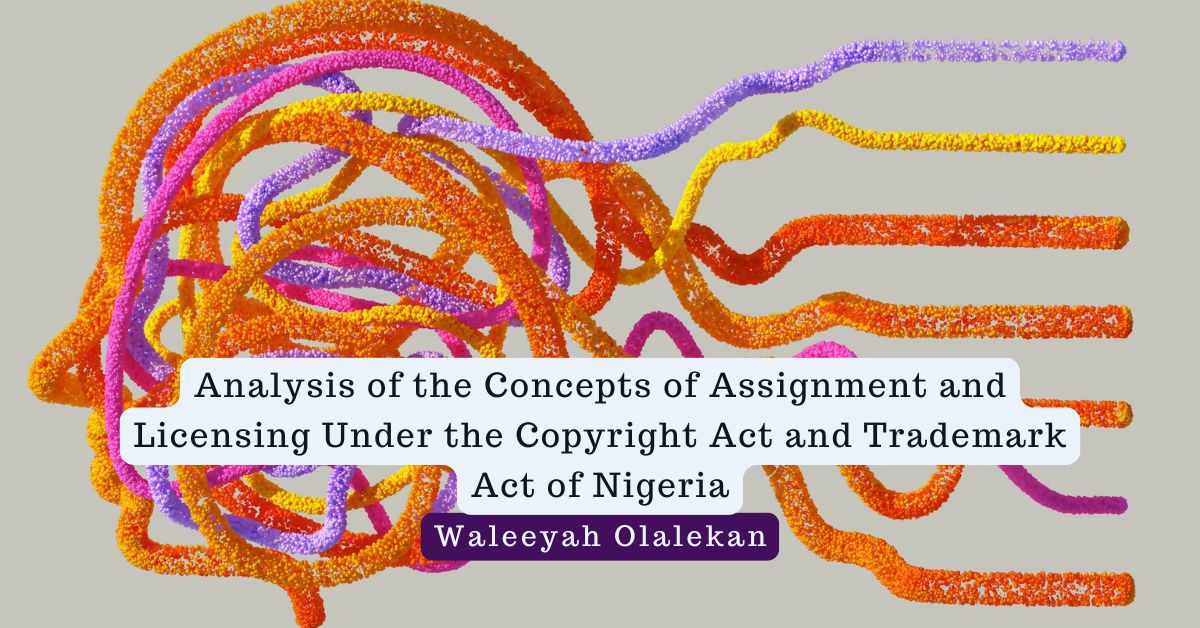
Analysis of the Concepts of Assignment and Licensing Under the Copyright Act and Trademark Act of Nigeria The fact that Nigeria’s intellectual property laws safeguard creators’ rights and ensure that their innovative works are protected cannot be denied. The Copyright Act and Trademark Act, provide the framework for this protection. This work looks into the…
-
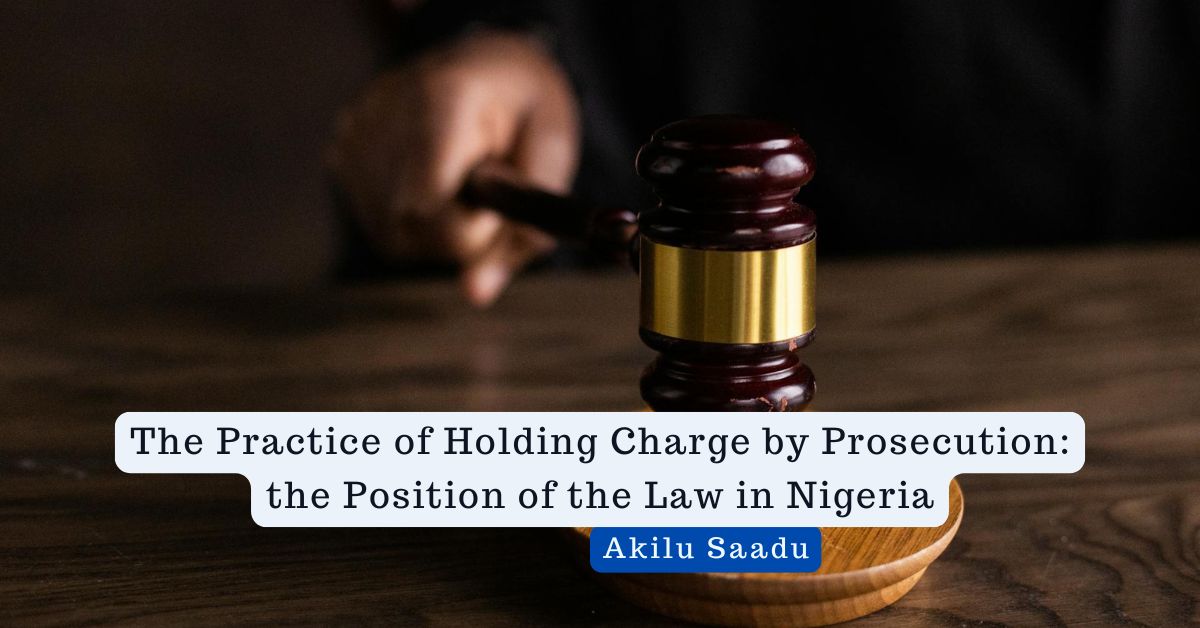
The Practice of Holding Charge by Prosecution: the Position of the Law in Nigeria The police, as one of the actors of criminal Justice in Nigeria, has the primary power or assignment of arrest and detention of criminals and suspect and the subsequent prosecution of every person allege to have committed a crime or breach…
-
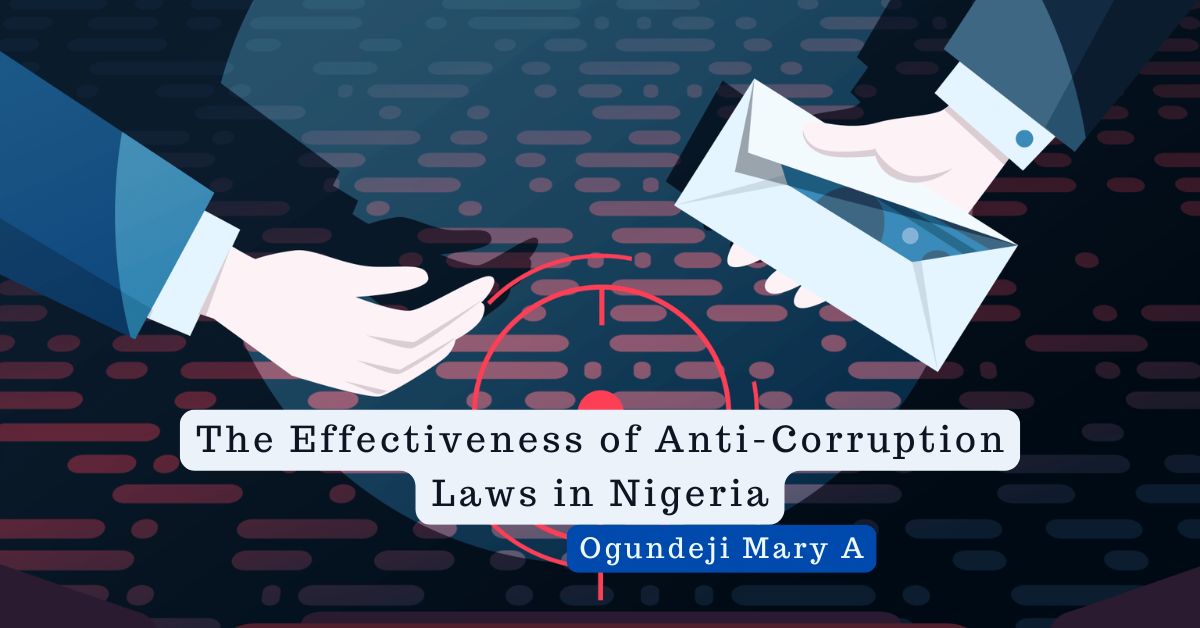
The Effectiveness of Anti-Corruption Laws in Nigeria Nigeria’s reputation on the global stage is tarnished by its struggles with corruption, leading to widespread international stigma. On June 13th 2000, before giving presidential assent to the Corrupt Practices and Other Related Offences Act, 2000, former President Olusegun Obasanjo declared: “Corruption is a canker-worm that has eaten…
